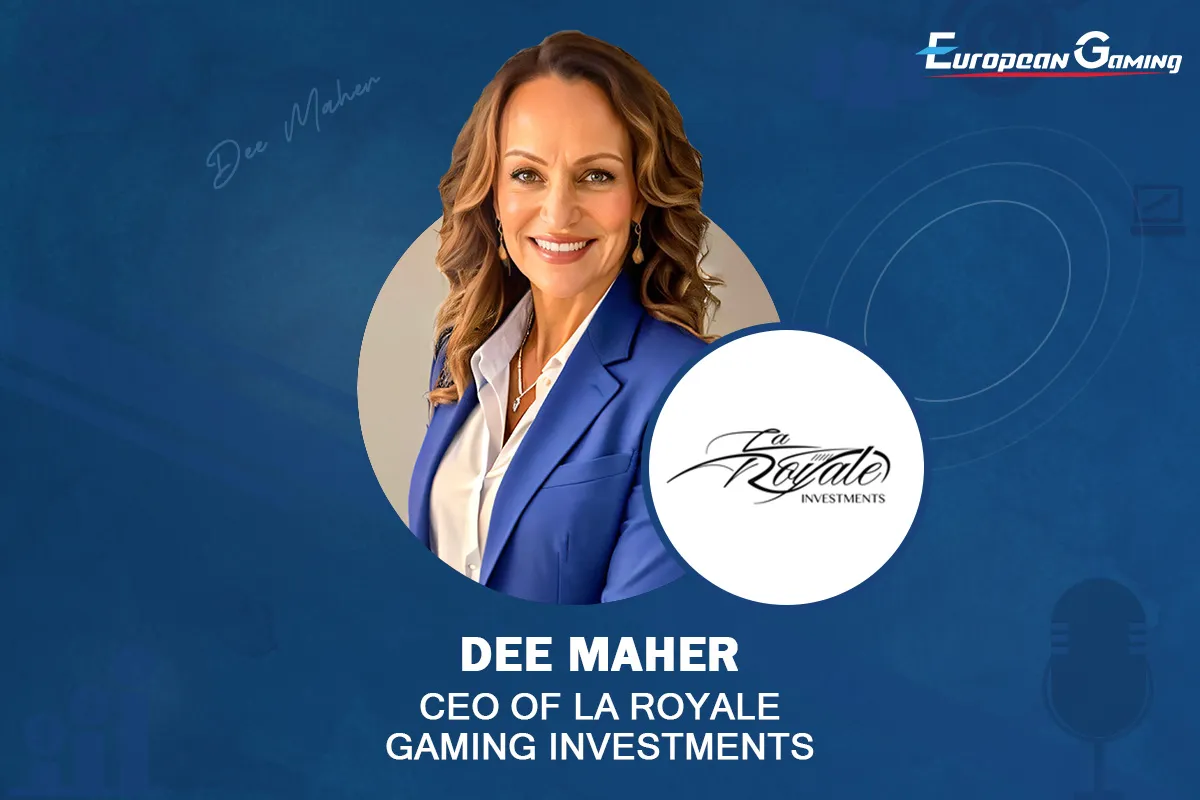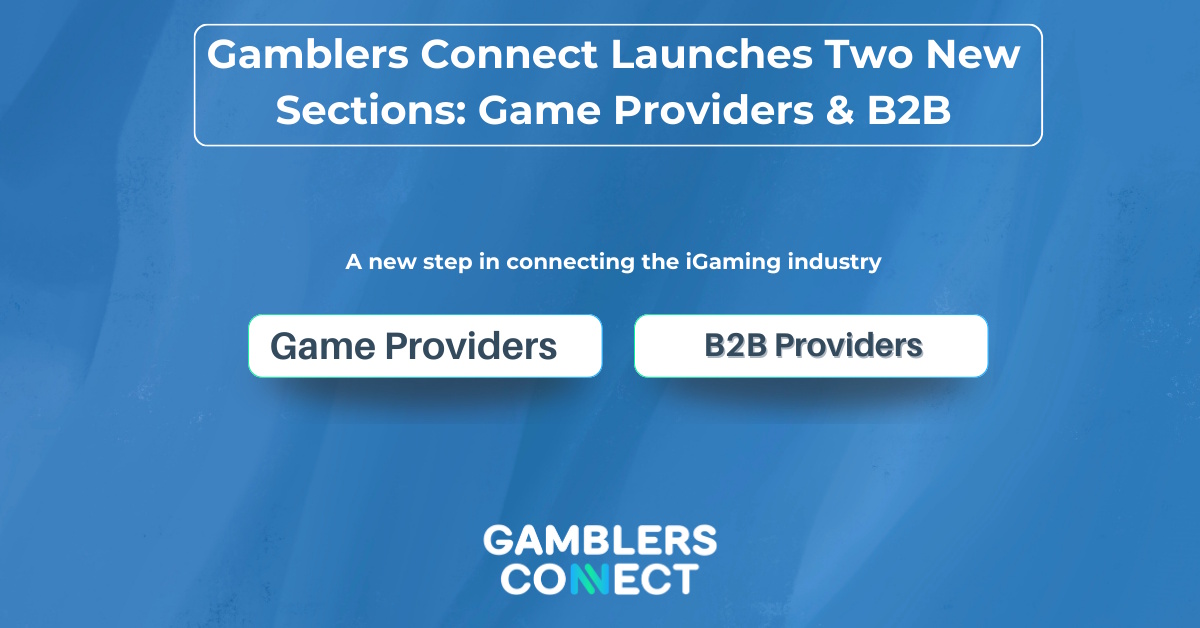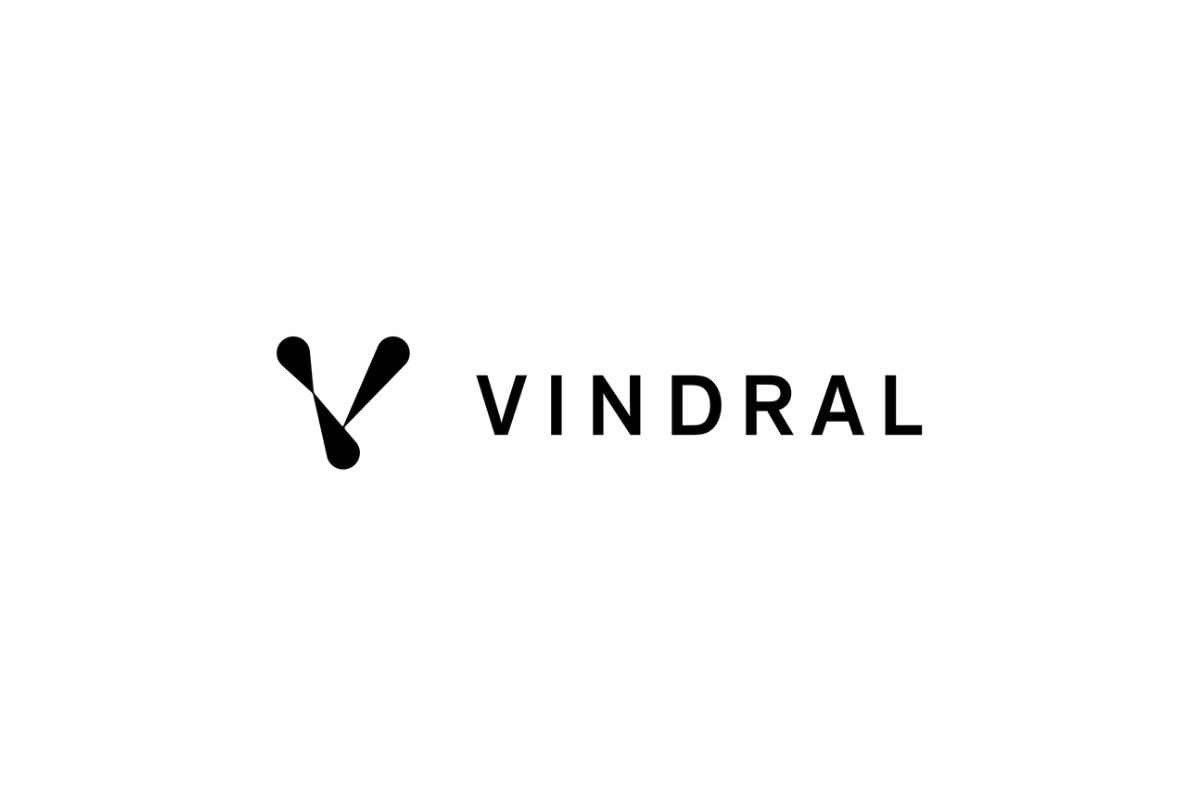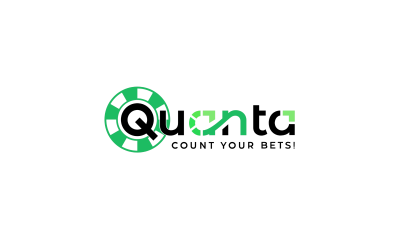Latest News
The pros and cons of proprietary platforms

Dee Maher, Chief Executive Officer at La Royale Gaming Investments, says in-house tech development is not for the faint-hearted but is ultimately a must for operators wanting to compete with the power players
When launching an online sportsbook, one of the biggest decisions an operator faces is whether to power their brand using a third-party platform or a proprietary platform developed in-house from the ground up.
White labels provide a fast route to market and are inherently less risky, but for me, a proprietary platform is the best long-term solution.
This is because ownership and control of technology is the only way to provide a personalised, localised and bespoke experience to players while also ensuring compliance with regulations across global markets.
This is much more challenging when using a white label platform as the core product and experience offered to players is the same or very similar across all brands using the platform, and this makes differentiation beyond branding and bonusing incredibly difficult.
Operators are also limited to the markets they can enter based on the jurisdictions in which the white label provider holds licences.
In such a competitive market, sportsbook brands must deliver more value to their customers than ever before, and this means being able to bring new features, tools and experiences to the book.
With a white label, this is almost impossible to achieve beyond what the tech provider has in its product roadmap. Take payments, for example. Sportsbooks must localise their cashiers and, where possible, offer instant deposits and withdrawals.
This often means integrating new and innovative payment providers into the cashier. If you own your platform, you can quickly onboard these providers, but if running on a white label, you can do little more than request the method be added as soon as possible.
The same applies to rolling out new betting products and experiences. You can request the white label provider to develop them on your behalf – often at a cost or under the premise it’s made available to all operators using the platform – but with the request logged in a queue.
This prevents the operator from being able to pivot and meet changing player preferences or bring something truly unique to the market without having to share it with their competitors.
These are simply not issues with a proprietary platform and that is why it’s the best way forward for sportsbooks. However, developing a technology stack from scratch is not without its challenges. Let’s consider some of the most significant…
The cost of development is high
Developing a cutting-edge platform that is flexible and robust, that combines state-of-the-art technologies while being able to meet regulatory requirements, that can handle increasing demand while being able to effortlessly scale is no mean feat.
It requires a skilled, talented, experienced and ambitious team of designers, developers, engineers, specialists and managers, working collaboratively towards a shared end goal.
Make no mistake about it, this is an expensive undertaking not only in the human resources required to oversee and deliver the platform but also the investment in the infrastructure and technologies needed to build, power, host and protect the technology.
Throw in trademarks, IP rights, licensing and certification, and the real cost can quickly go way beyond that initially estimated.
It comes with high levels of risk
The cost of developing a proprietary platform aligns with the inherent risk this approach takes.
This is an unproven technology stack that is as complex as it is comprehensive. Things can and do go wrong but if these challenges can’t be overcome quickly and efficiently, the project can grind to a halt – in this game, if you rest, you rust.
In-house platform development is pioneering in its very nature, and when you push boundaries and try new things there is always a risk it won’t work out.
This is why so many operators turn to trusted, proven third-party solutions – for them, the trade-offs mentioned above outweigh the risk of building from scratch. But for me, it’s the other way around – the risks of not developing your platform are higher than taking the “safe” option of a white label.
Compliance can be a headache
Perhaps the biggest challenge with developing your own technology is ensuring that it has the flexibility to meet regulations and requirements in multiple regulated markets.
Given the cost of development, operators will want to run multiple brands in as many jurisdictions as possible to offset the initial investment and ongoing development and maintenance costs.
But you need to be able to ensure you can tweak the technology so that it meets the standards being set in each market. This flexibility needs to be ongoing, too, given how often regulations change and evolve.
Missed opportunities
There is an argument that the time it takes to develop a proprietary platform creates a missed opportunity for the sportsbook brand. If the operator opted for a white label instead, they could be live in a matter of months.
But good things come to those who wait and again, the upsides to owning your technology mean that any lost ground can be quickly recovered with the sportsbook powered by proprietary tech having no limitations when it comes to player experience, new market expansion and overall growth.
Building a platform in-house is not for everyone but for those who invest and take the risk, the rewards are far greater than those available by white labelling a solution. Just look at the titans of the industry – they all own their tech.
-

 Latest News7 days ago
Latest News7 days agoGamblers Connect Shortlisted for Prestigious Affiliate Awards at SiGMA EURO-MED and SBC Summit 2025
-

 Africa4 days ago
Africa4 days agoQTech Games wins Best Innovation of the Year at the 2025 SBWA+ Eventus Awards
-

 Asia4 days ago
Asia4 days agoNODWIN Gaming and JioStar Unveil OnePlus Android BGMS Season 4
-

 Latest News7 days ago
Latest News7 days agoGamblers Connect Launches Dedicated ‘Game Providers’ and ‘B2B Providers’ Sections to Strengthen Industry Partnerships and Visibility
-

 Latest News4 days ago
Latest News4 days agoVindral appoints Henrik Fagerlund as Chairman of the Board
-

 Latest News4 days ago
Latest News4 days agoCalema to Perform at Legends Charity Game in Lisbon
-

 Conferences in Europe4 days ago
Conferences in Europe4 days agoEGT Digital and EGT to rock the show at SiGMA Euro-Med 2025
-

 Latest News4 days ago
Latest News4 days agoPush Gaming redefines its portfolio, unveiling new game categories and sub-brand for extended player reach































